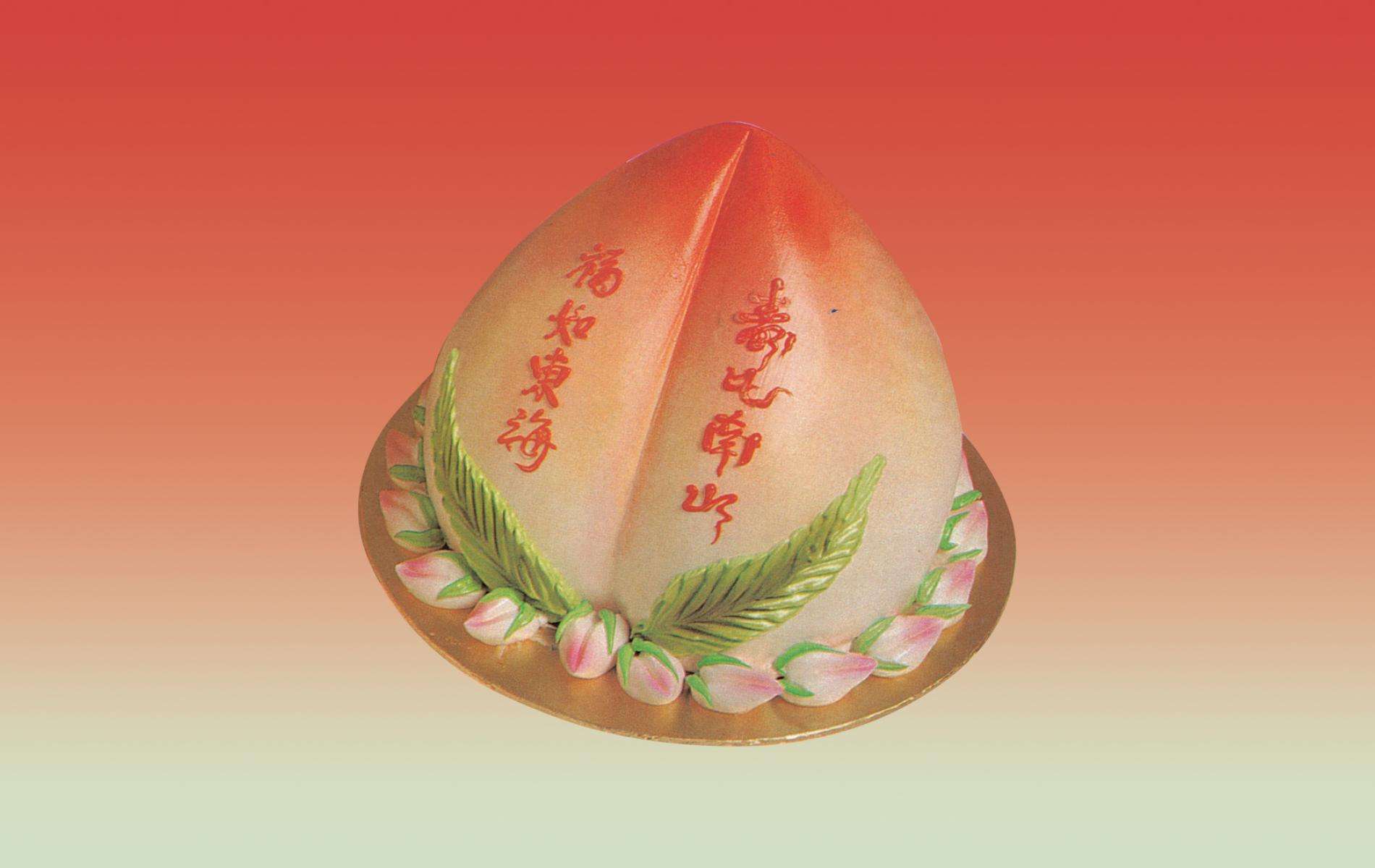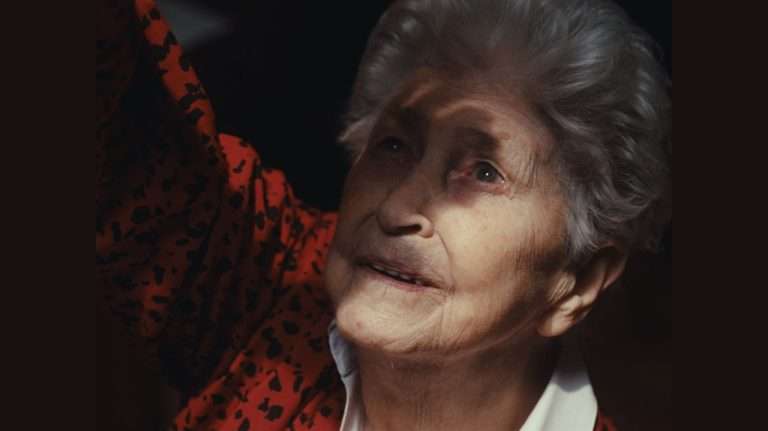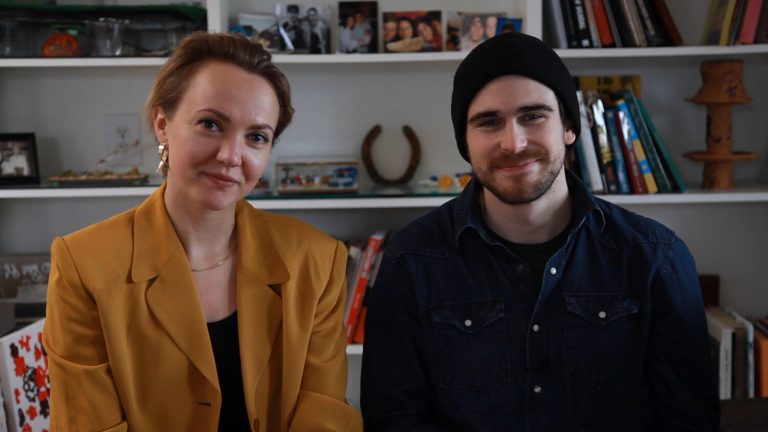Elahe Ismaili’s “A Move” traverses the folds of oppression as the filmmaker, also the central figure in the film, returns to her hometown in Iran to help out her parents in shifting houses. A lot of friends and family have gathered. Elahe projects a marked departure from all the women around her, who stick to hijab. She keeps her head bare, not heeding any of her mother’s insistence. ‘Why should she adjust to the beliefs of others?’ she sincerely asks, being as less confrontational as possible. What about her individual choice? Does it hold no regard or significance?
It surprises her when one of the men, believed to be formidably religious, assures her that he won’t judge her or force her to be what she doesn’t want to. There’s no space for coercion in religion, he elaborates. So much of the bind on women is mental and deeply internalized. The women she chats with have a variety of responses and attitudes regarding their adhering to the chador or hijab.
One says she has now grown to prefer it, despite the expanding scope for choice. They have become used to it. Another remark she holds onto it in fear she might lose her friends should she abandon the hijab. She receives reassurance and she herself knows that is not plausible at all. “A Move” acknowledges with understated power and conviction so much of the damage wrought by conditioning and mental constructs that keep one locked up and barred from accessing real, radical change.
Shengjia Zhang’s “Birthday Cakes from China” riffles through the cultural history of China, especially how its consumerist landscape was hijacked by a strong, aspirational influence of the West. We get a smattering of the key chains and outlets springing in mainland China, from the opening of the first KFC to the McDonald’s. These whetted the palate of the masses for exotic cuisine.
Archival footage and home videos intersperse these snippets into the great churn overtaking the nation. One of the people explained that American snacks offer quick and convenient options. It’s why the folks gravitate to the American staples. In no time the birthday party model gets integrated into customer service.
The film also invokes the first recorded instance of a birthday celebrated in China with a cake. The occasion is linked to that of the emperor. Quickly, the trend catches fire with the regular folks. Everyone starts taking to it enthusiastically as a way of finding their desire for American appetite and style satiated. The cakes also attract a bid for model making.
Customization of the cakes springs swiftly. Birthday Cakes from China presents a colorful tour but the intercutting of the archival footage with the rote narration never quite becomes something as peppy and revealing as it seemingly aspires for. You yearn for a mix of imagination and flair in the orchestration or dispersal of historical snapshots. Despite the bright bursts punctuating, this is a curiously staid, rigid film, unable to ferret out sneaking glimpses of drama and discovery from the sprawl of history.









![Dunkirk [2017]: Nolan Transports You Into a Catastrophic War and Brings You Home](https://79468c92.delivery.rocketcdn.me/wp-content/uploads/2017/07/dunkirk_1-1024x640-e1500542266180-768x385.jpg)